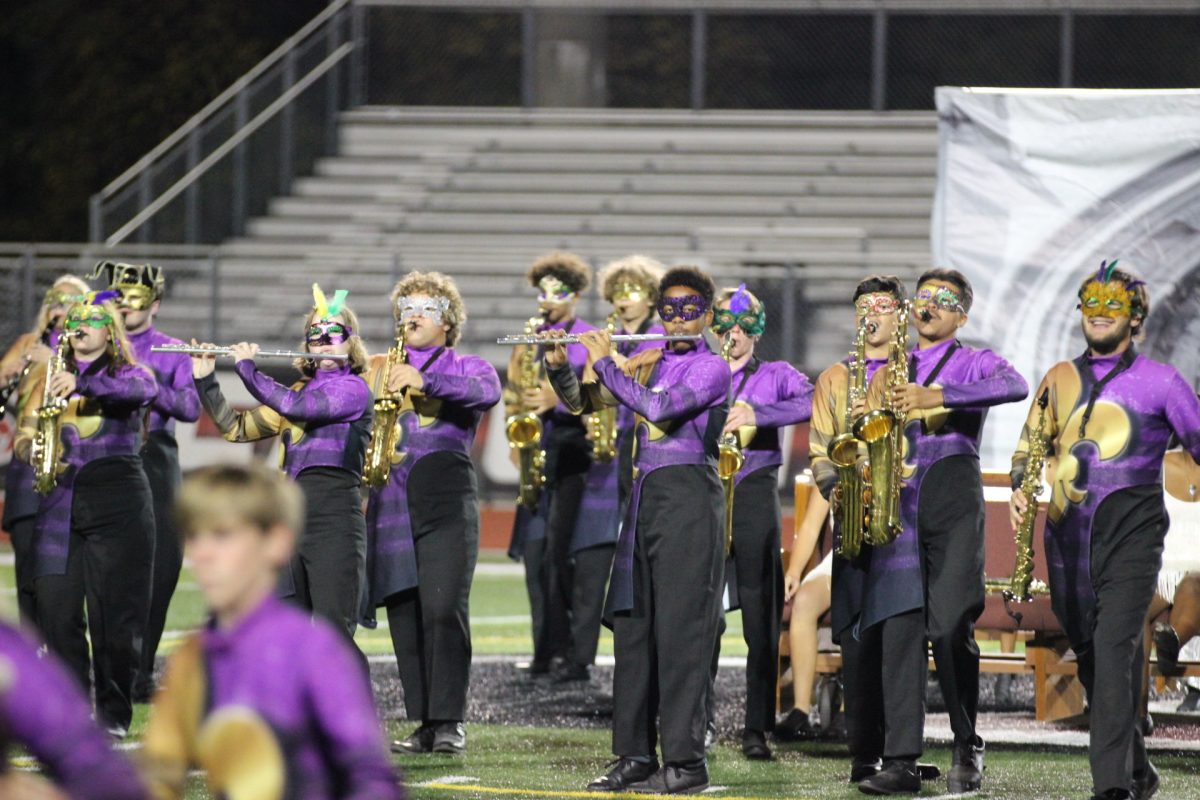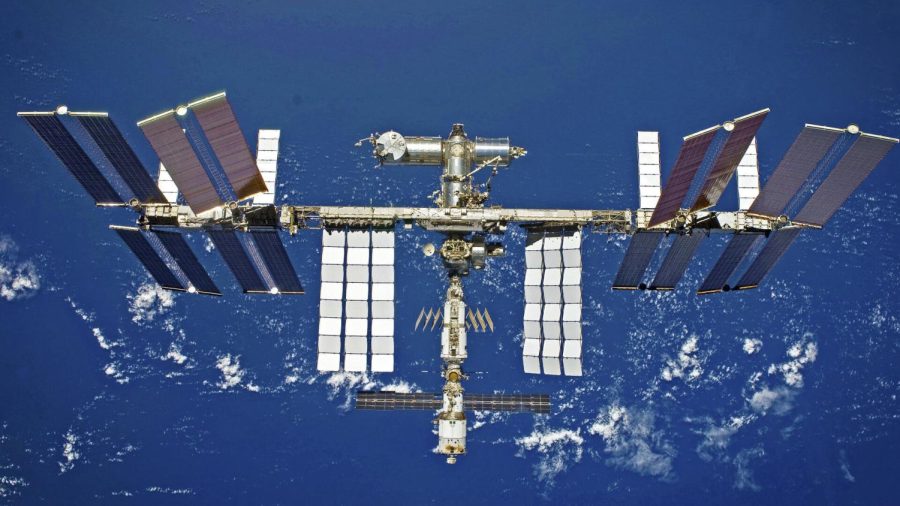The Retirement of the ISS
February 14, 2022
The International Space Station (ISS) has been in orbit since 2000. It is a home for astronauts and cosmonauts and serves as a research center. Having been built in space by astronauts from several countries, it has been operating for 22 years.
Like everyone and everything else, the ISS is getting old and will eventually fall out of optimal condition. So, the United States National Aeronautics and Space Administration (NASA) came up with a plan to retire the station at the beginning of 2031 by crashing it into the Pacific Ocean.
NASA has decided that “Point Nemo” is where it will fall. This is the furthest point in the ocean from land, being about 3,000 miles off of the eastern coast of New Zealand and 2,000 miles north of Antarctica. This has been the graveyard for many other spacecraft, like Russia’s MIR Space Lab, which came down in 2001.
While the ISS is available to be used by many countries, it is not available to every country. China and its astronauts have been excluded from the use of the station. In 2011, the United States Congress passed the Wolf Amendment, prohibiting NASA from using government funds to engage in direct cooperation with the Chinese government and organizations without authorization from the Federal Bureau of Investigation and the U.S. Congress. This banned China from being allowed on the ISS, which resulted in them planning to create their own space station, which would be exclusive to them.
Nathan Ernest, a biology teacher at The Forest, says, “We’ll end up having space stations that the US government won’t have to pay for, and hopefully we can have a station on Mars.”
The ISS will meet its watery grave after being in low-earth orbit for over 30 years but will be replaced by something bigger and better. While we wait for its retirement, it is expected to be used in a Mars transmit mission. The station will hopefully be replaced by another commercial spacecraft before its own withdrawal from space.





































